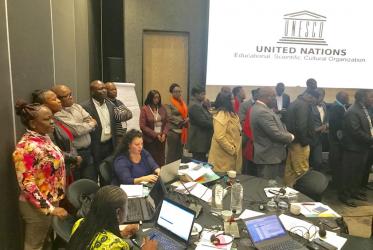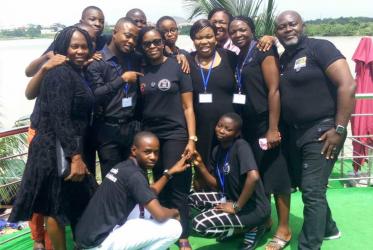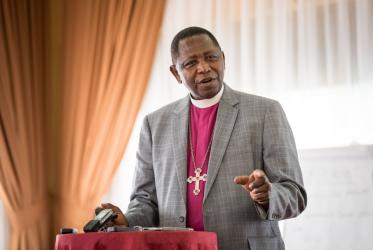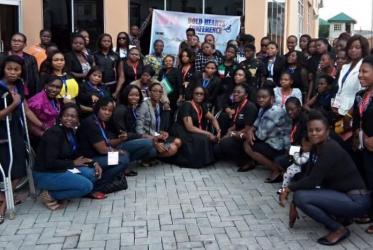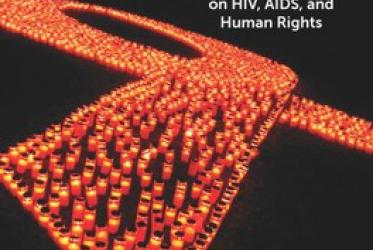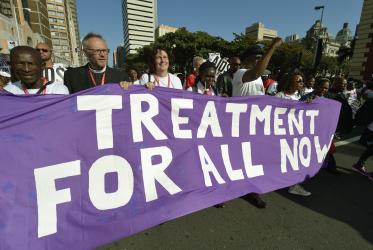Displaying 1 - 20 of 33
WCC mourns passing of Hendrew Lusey-Gekawaku
23 October 2020
Youth leaders: “We will stop at nothing” to end HIV and violence
17 October 2019
Knowledge of gender roles deepens in Togo
03 June 2019
Faith and HIV treatment go hand in hand
06 March 2019
WCC hones training on attitudes toward HIV treatment
06 December 2018
Paving the way for ecumenical studies, learning English in Bossey
24 September 2018
Conversation on HIV “must continue,” Faith Networking Zone shows
07 December 2017
“Facing the storm of HIV, we can move together, be agents of change”
06 September 2017
"We have our work cut out for us"
10 August 2017
Nigerian breaks down stereotypes on Muslims
13 July 2017
Youth engagement fundamental to HIV response
18 April 2017
WCC book featured in UN discussion on gender, religions and health
16 September 2016

